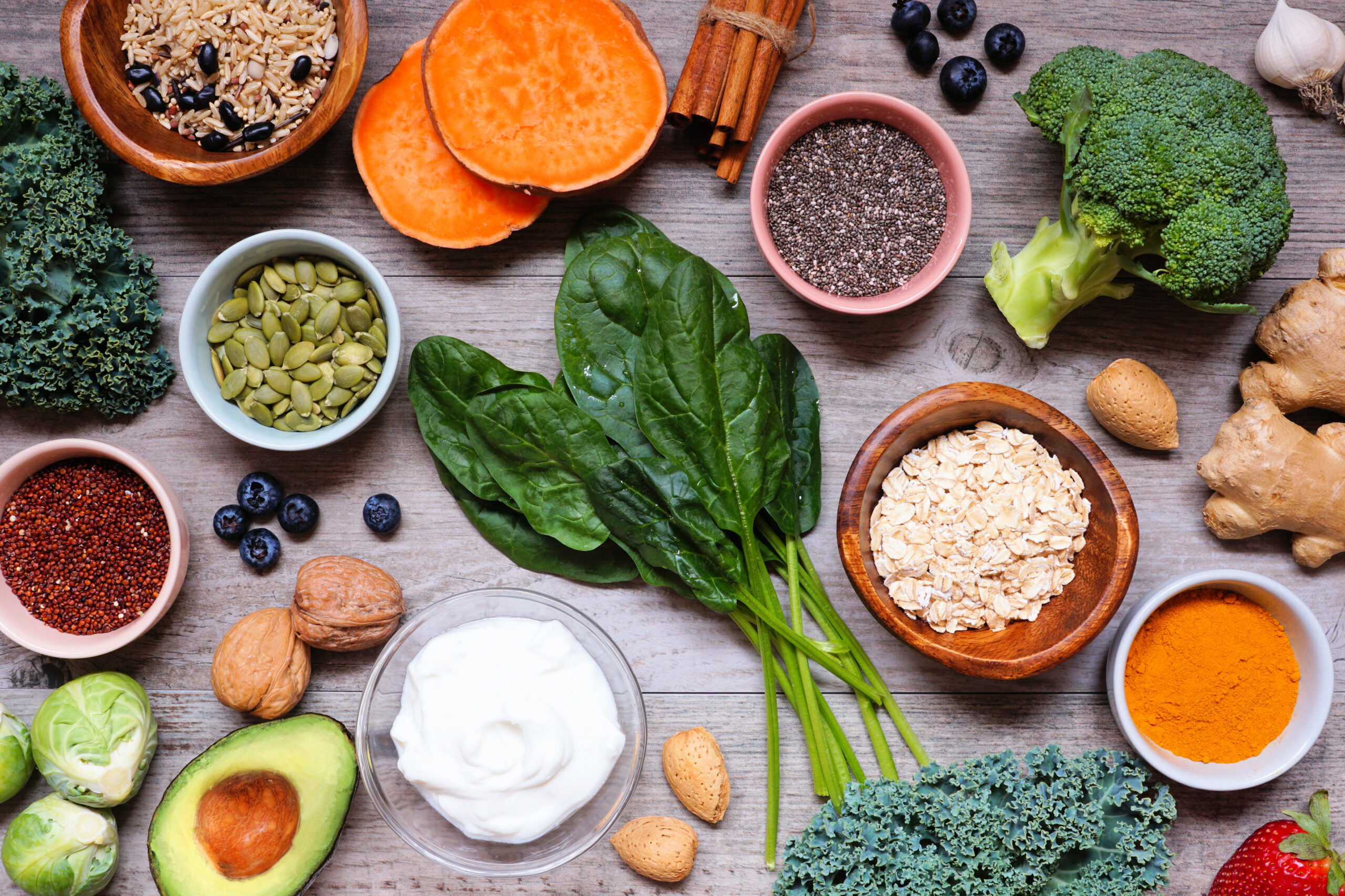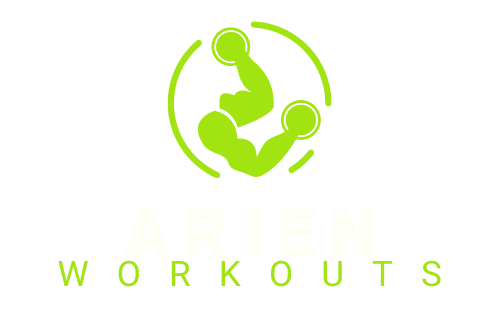INTRODUCTION
Transitioning to a plant-based diet as an athlete can sometimes be challenging, often due to concerns about meeting protein and other nutritional requirements. But rest assured, with a well-planned approach, a vegan or plant-based diet can provide all the necessary nutrients for optimizing athletic performance. So let’s debunk the myth that athletes can’t excel on a vegan diet and explore how plant-based proteins and other nutrient-rich foods can support your athletic journey.
Quinoa – The Complete Protein
Chia Seeds – The Omega-3 Rich Power Seeds
Hemp Seeds – The Digestible Protein
Spirulina – The Protein-Packed Superfood
Conclusion
LENTILS - THE PROTEIN POWERHOUSE
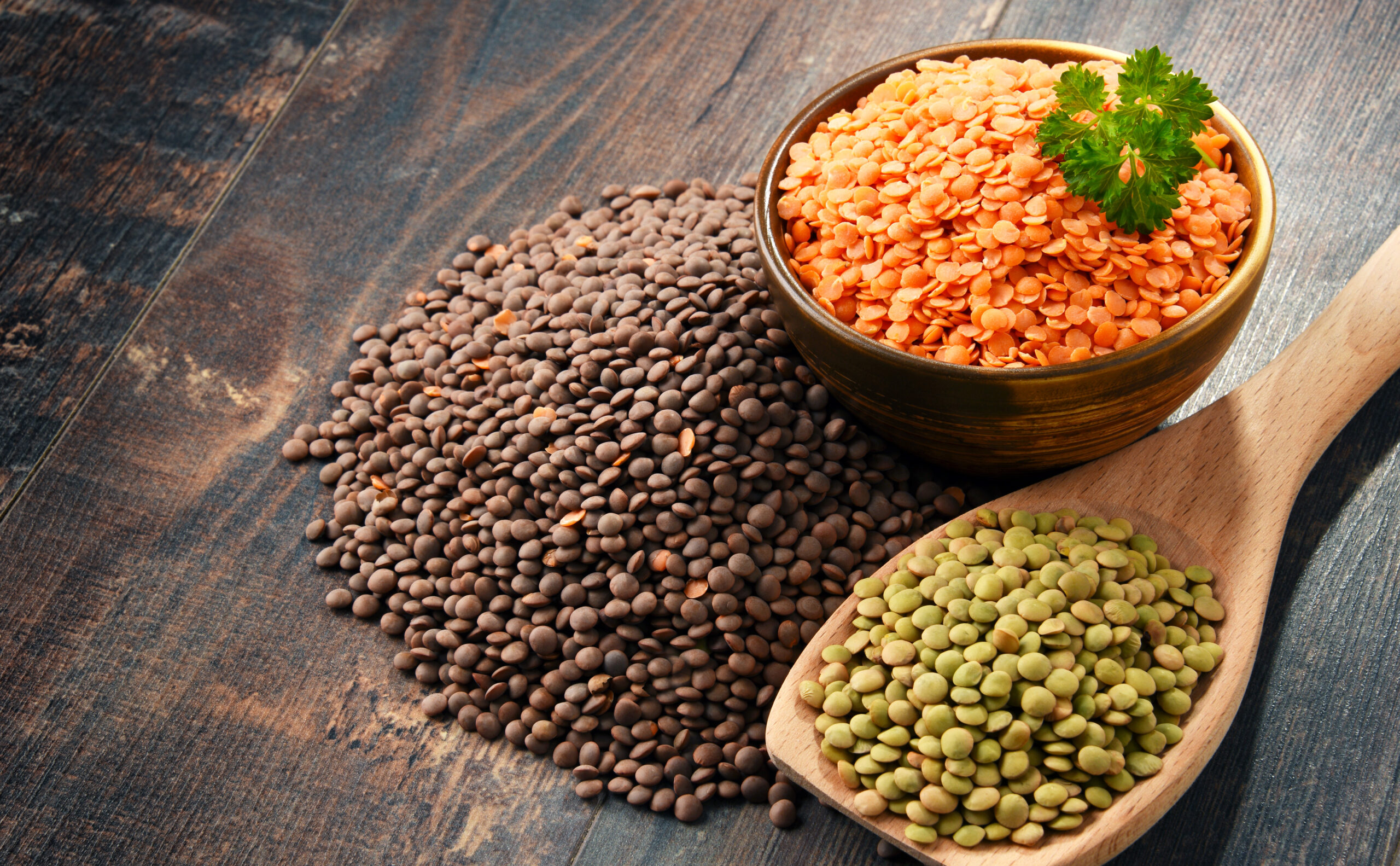
When it comes to plant-based proteins, lentils are hard to beat. A single cup of cooked lentils provides approximately 18 grams of protein, not to mention high levels of fiber, iron, and potassium. These nutrients play a crucial role in the diet of a plant-based athlete, as they aid in muscle repair, support a healthy heart, and help with hydration.
Lentils are also incredibly versatile and can easily be incorporated into a variety of meals. Whether you’re tossing them into a colorful salad, adding them to a hearty stew, or using them as a base for vegan burgers, they’re a fantastic way to increase your protein intake.
QUINOA - THE COMPLETE PROTEIN
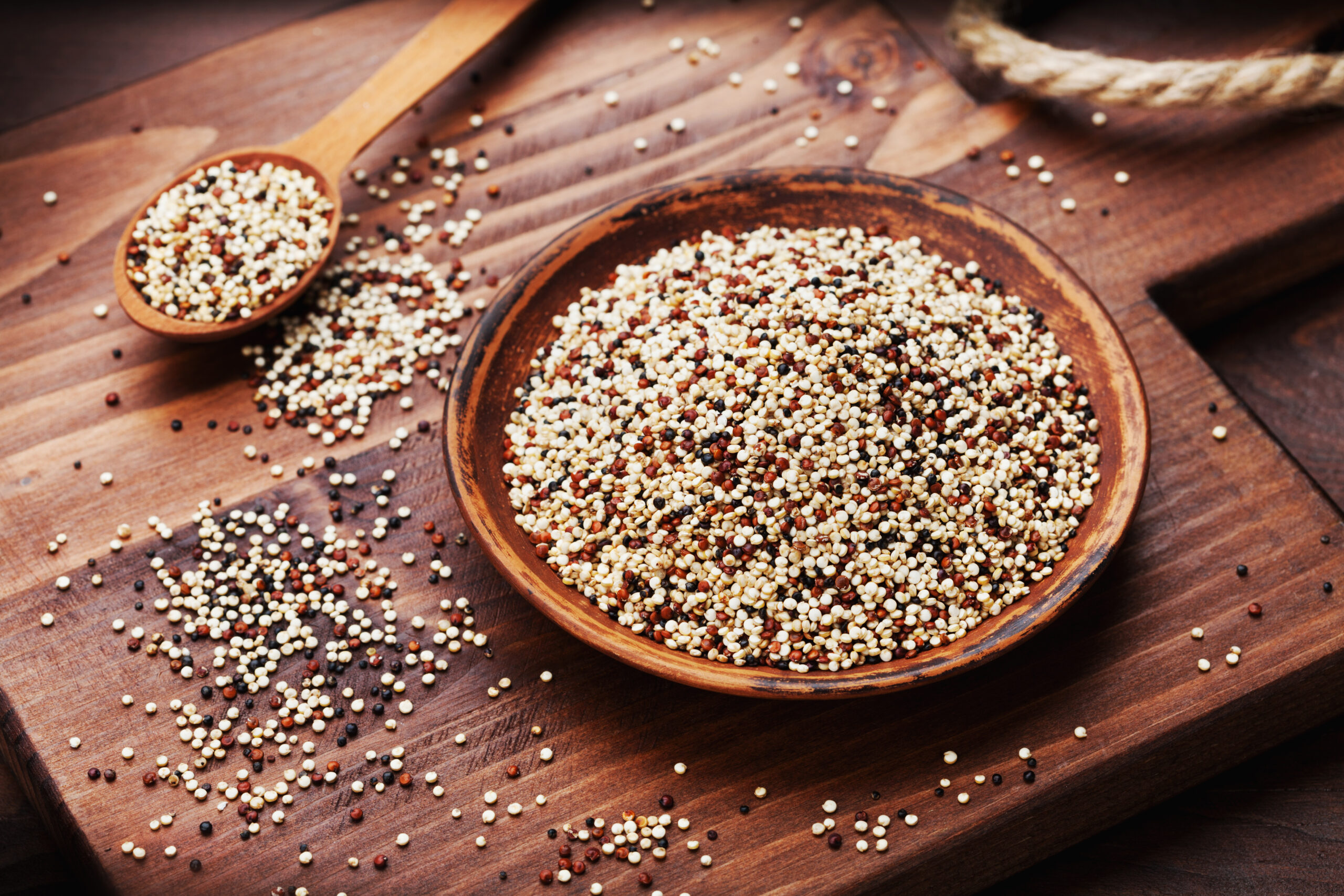
Quinoa stands out among plant-based foods due to its status as a complete protein. This means it contains all nine essential amino acids, which are the building blocks of proteins and crucial for muscle growth and repair. One cup of cooked quinoa provides about 8 grams of protein.
In addition to its high protein content, quinoa is an excellent source of complex carbohydrates. These are essential for a plant-based athlete, as they provide a slow and steady release of energy, keeping you fueled during your workouts and throughout the day. Quinoa is also rich in minerals like magnesium, iron, and zinc.
CHIA SEEDS - THE OMEGA-3 RICH POWER SEEDS
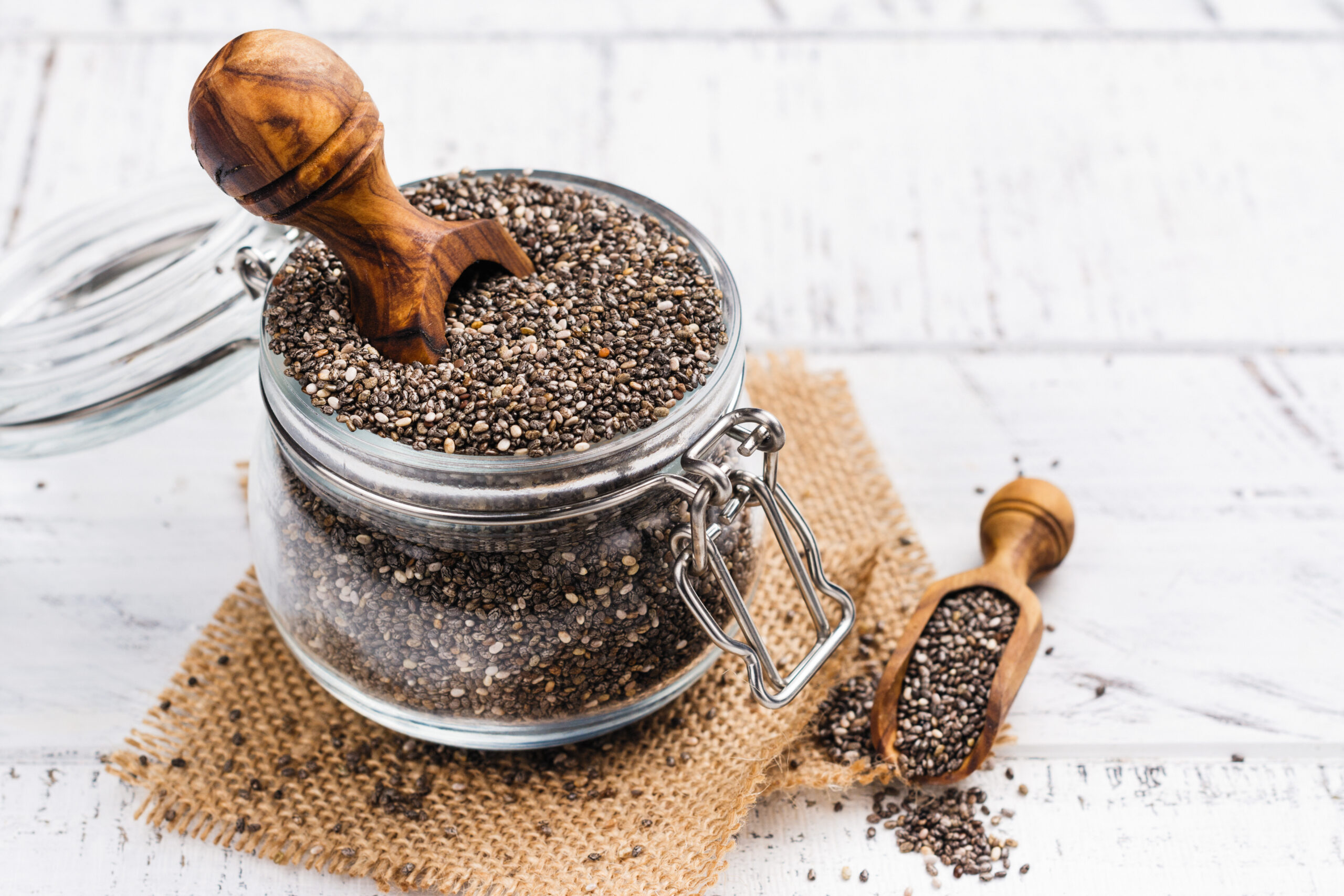
Chia seeds are tiny nutritional powerhouses. These small seeds are packed with protein, fiber, and omega-3 fatty acids, making them a valuable addition to a plant-based athlete’s diet. Omega-3 fatty acids are important for heart health, reducing inflammation, and supporting brain function.
What makes chia seeds especially appealing for athletes is their ability to absorb water, up to 12 times their weight. When consumed, they can help maintain hydration, a crucial aspect of athletic performance.
Hemp Seeds – The Digestible Protein
Hemp seeds are another excellent source of plant-based protein. They are easily digestible and, like quinoa, they are a complete protein source. Just three tablespoons of these seeds can deliver about 10 grams of protein, making them an easy addition to any meal.
Beyond their protein content, hemp seeds are also rich in omega-3 and omega-6 fatty acids. They also contain gamma-linolenic acid (GLA), a type of Omega-6 fatty acid that has been linked to reduced inflammation, which can aid recovery post-exercise.
HEMP SEEDS - THE DIGESTIBLE PROTEIN
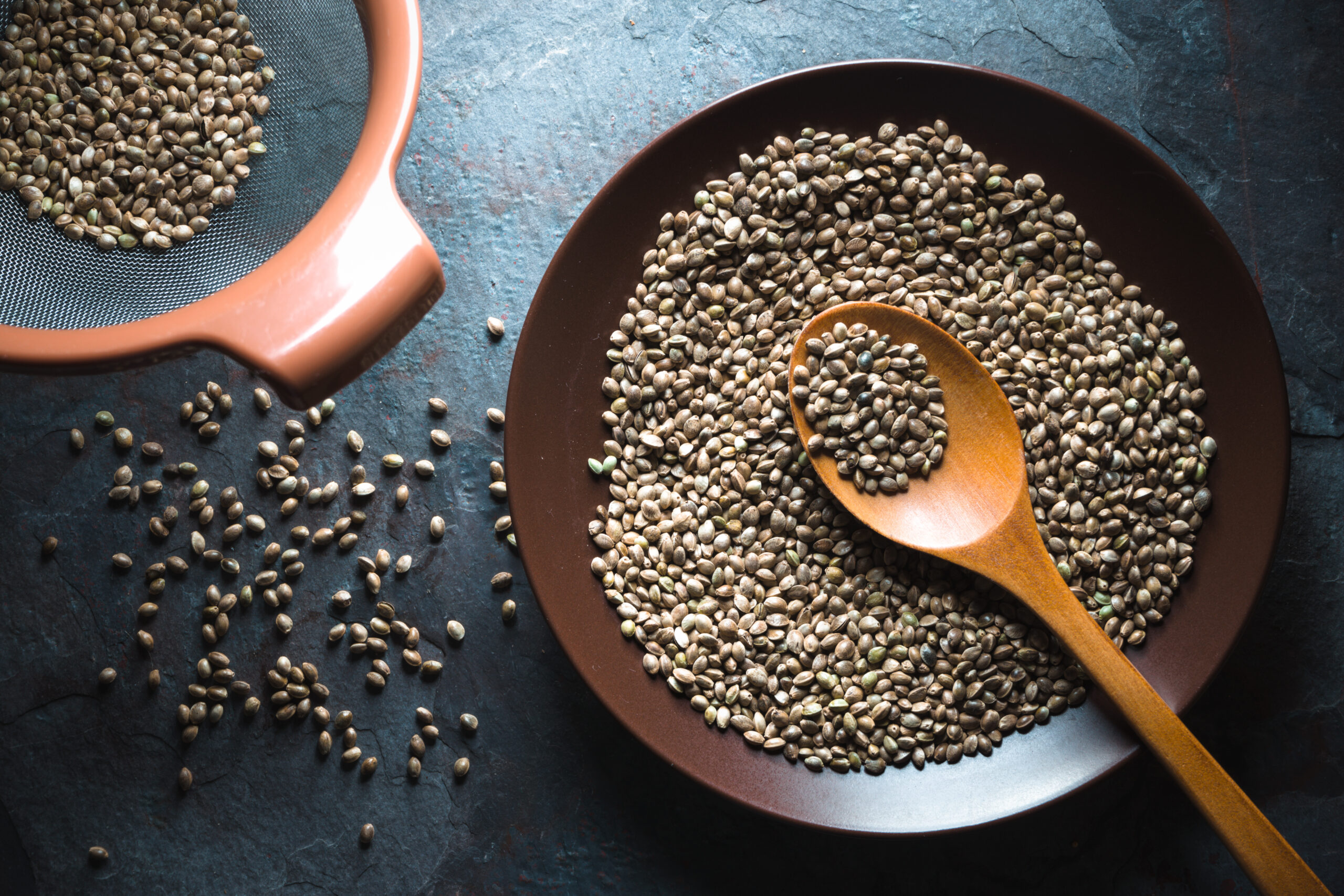
When it comes to plant-based proteins, lentils are hard to beat. A single cup of cooked lentils provides approximately 18 grams of protein, not to mention high levels of fiber, iron, and potassium. These nutrients play a crucial role in the diet of a plant-based athlete, as they aid in muscle repair, support a healthy heart, and help with hydration.
Lentils are also incredibly versatile and can easily be incorporated into a variety of meals. Whether you’re tossing them into a colorful salad, adding them to a hearty stew, or using them as a base for vegan burgers, they’re a fantastic way to increase your protein intake.
SPIRULINA - THE PROTEIN-PACKED SUPERFOOD
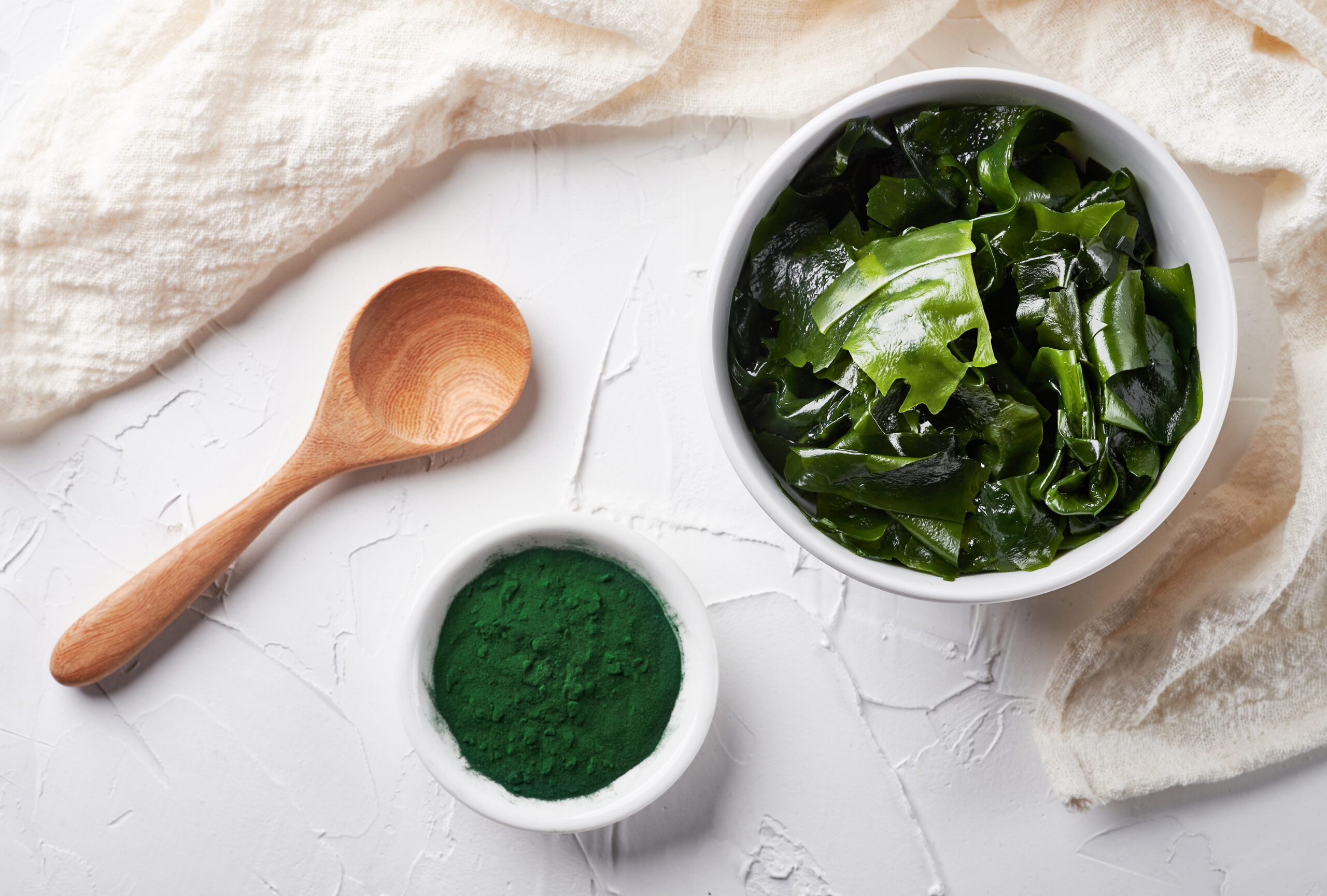
Spirulina, a type of blue-green algae, is considered a superfood due to its rich nutrient profile. It boasts an impressive protein content — about 60-70% by dry weight, making it one of the highest plant-based protein sources available.
In addition to protein, spirulina is packed with vitamins and minerals, including B-vitamins, iron, and calcium. It’s also a great source of antioxidants, which can help protect against exercise-induced oxidative damage.
CONCLUSION
Switching to a plant-based diet doesn’t mean you have to compromise your athletic performance. In fact, with foods like lentils, quinoa, chia seeds, hemp seeds, and spirulina, you can meet all your nutritional needs and even enhance your athletic performance. So, whether you’re a seasoned plant-based athlete or are new to the vegan protein scene, remember that with the right food choices, you can power your workouts and recover effectively, all while enjoying a variety of delicious and nutrient-dense foods.
